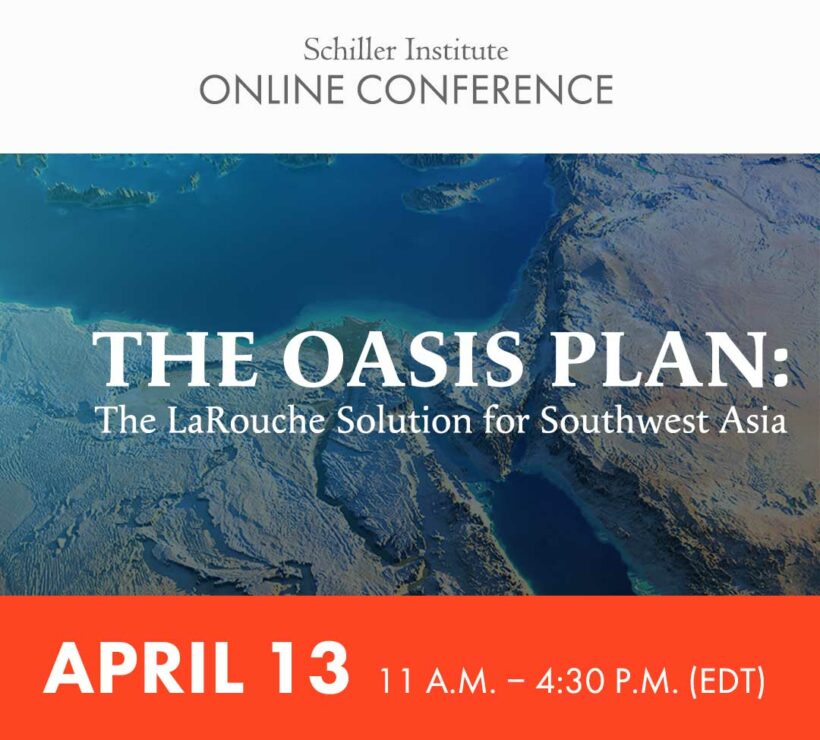Online Conference: April 13, 11 a.m. – 4:30 p.m. (EDT)
Register
In October 1962, U.S. President John F. Kennedy recognized the urgent need for a diplomatic agreement with the Soviet Union so directly and immediately – a failure in those famous thirteen days would have meant the abrupt end of civilization – that 7 months later he delivered the following words at American University, Washington DC:
“I speak of peace, therefore, as the necessary rational end of rational men. I realize that the pursuit of peace is not as dramatic as the pursuit of war–and frequently the words of the pursuer fall on deaf ears. But we have no more urgent task.
“Some say that it is useless to speak of world peace or world law or world disarmament–and that it will be useless until the leaders of the Soviet Union adopt a more enlightened attitude. I hope they do. I believe we can help them do it. But I also believe that we must reexamine our own attitude–as individuals and as a Nation–for our attitude is as essential as theirs. And every graduate of this school, every thoughtful citizen who despairs of war and wishes to bring peace, should begin by looking inward–by examining his own attitude toward the possibilities of peace, toward the Soviet Union, toward the course of the cold war and toward freedom and peace here at home.
“First: Let us examine our attitude toward peace itself. Too many of us think it is impossible. Too many think it unreal. But that is a dangerous, defeatist belief. It leads to the conclusion that war is inevitable–that mankind is doomed–that we are gripped by forces we cannot control.
“We need not accept that view. Our problems are manmade–therefore, they can be solved by man. And man can be as big as he wants. No problem of human destiny is beyond human beings. Man’s reason and spirit have often solved the seemingly unsolvable–and we believe they can do it again.“
A decade later, in 1975, the U.S. economist and statesman Lyndon H. LaRouche drafted a great plan along the same lines, for peace and development in Southwest Asia – the “Oasis Plan”. LaRouche was convinced that lasting peace could only be achieved if it was linked to a clear economic development perspective for all the peoples and religions involved, because this would create a mutual interest in peaceful coexistence. The concept is just as valid now as it was then in 1975. This far-reaching vision also implicitly formed the basis of the Oslo peace negotiations in the 1990s between the then Israeli Prime Minister Yitzhak Rabin, and the leader of the Palestinian organization PLO, Yasser Arafat, mediated by U.S. President Bill Clinton. It was not implemented at the time, however, which ultimately led to the Middle East conflict flaring up again and created the breeding ground for the current escalation spiral, which harbors an at least equally dramatic danger of spinning out of control and even nuclear war.
This makes the implementation of the Oasis Plan as a peace solution between Israel and Palestine and the entire Southwest Asia region all the more urgent and important now!
As participants in previous Schiller Institute Internet conferences, you already know the international scope and high-level speaker participation from many parts of the world in these Schiller events. The upcoming Oasis Plan conference will surpass this tradition and aims to directly intervene in history in the spirit of JFK and solve the seemingly unsolvable. Be there and support the perspective for the Middle East “Peace through Development”!
Watch the 14 minute video: The Oasis Plan – LaRouche’s Solution for the Middle East










